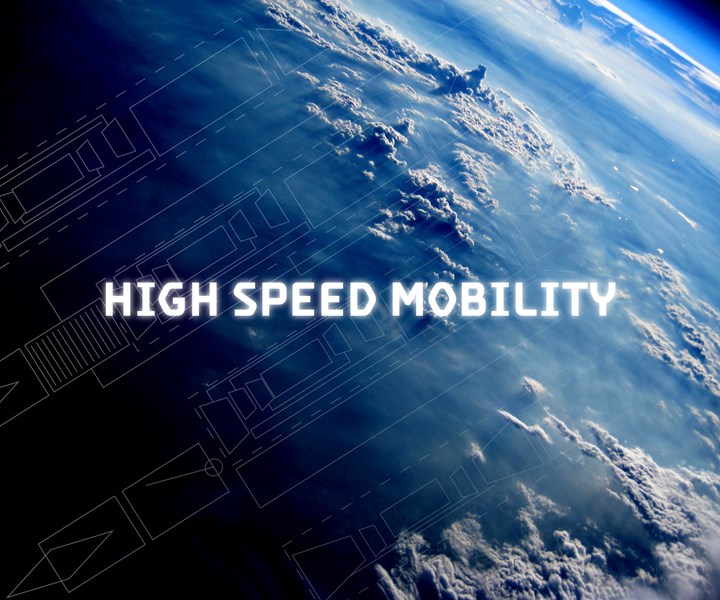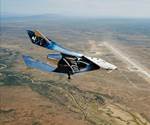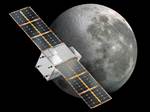Virgin Galactic, NASA sign space agreement
The Space Act Agreement (SAA) represents a partnership between Virgin Galactic and NASA for the development of high-speed, and environmentally sustainable, aviation technology.

Source | Virgin Galactic Holdings, Inc.
Virgin Galactic Holdings, Inc. (Mojave, Calif., U.S.) and its subsidiary, The Spaceship Co. (TSC) (Mojave) announced on May 5 the signing of a Space Act Agreement with NASA (Washington, D.C., U.S.) to facilitate the development of high speed space transportation technologies.
The Space Act Agreement (SAA), will foster and enable collaboration between NASA, Virgin Galactic and TSC to advance the United States’ efforts to produce technically feasible, high-Mach vehicles for potential civil applications. Virgin Galactic believes that it will be able to leverage its platform of advanced technologies, vertically integrated design, engineering and manufacturing capabilities, and thousands of hours of flight testing to develop additional aerospace applications. Virgin Galactic is seeking, with partners, to develop a vehicle for the next-generation of safe and efficient high-speed air travel, with a focus on customer experience and environmental responsibility.
In partnership with NASA, Virgin Galactic believes there are significant opportunities to apply higher speeds to drive technological development to allow industries to adapt to the changing economic and ecological environment. The collaboration will aim to inform the development of national strategies using economic and technical foundations with a focus on sustainability.
“This is the beginning of an important partnership for Virgin Galactic and The Spaceship Company that will support the future development of aviation technology,” says George Whitesides, CEO of Virgin Galactic Holdings. “Virgin Galactic’s experience and innovative technology platform will, in partnership with the historic capabilities of NASA and other government agencies, enable the progression of new technical steps that will improve U.S. competitiveness. We see this as an area with potential to grow and we will continue to invest in it, alongside our commercial spaceflight operations.”
Related Content
-
JEC World 2024 highlights: Glass fiber recycling, biocomposites and more
CW technical editor Hannah Mason discusses trends seen at this year’s JEC World trade show, including sustainability-focused technologies and commitments, the Paris Olympics amongst other topics.
-
Watch: A practical view of sustainability in composites product development
Markus Beer of Forward Engineering addresses definitions of sustainability, how to approach sustainability goals, the role of life cycle analysis (LCA) and social, environmental and governmental driving forces. Watch his “CW Tech Days: Sustainability” presentation.
-
Trends fueling the composites recycling movement
Various recycling methods are being considered for composites, from novel dismantling and processing, to building capacity and demonstrating secondary use applications.



